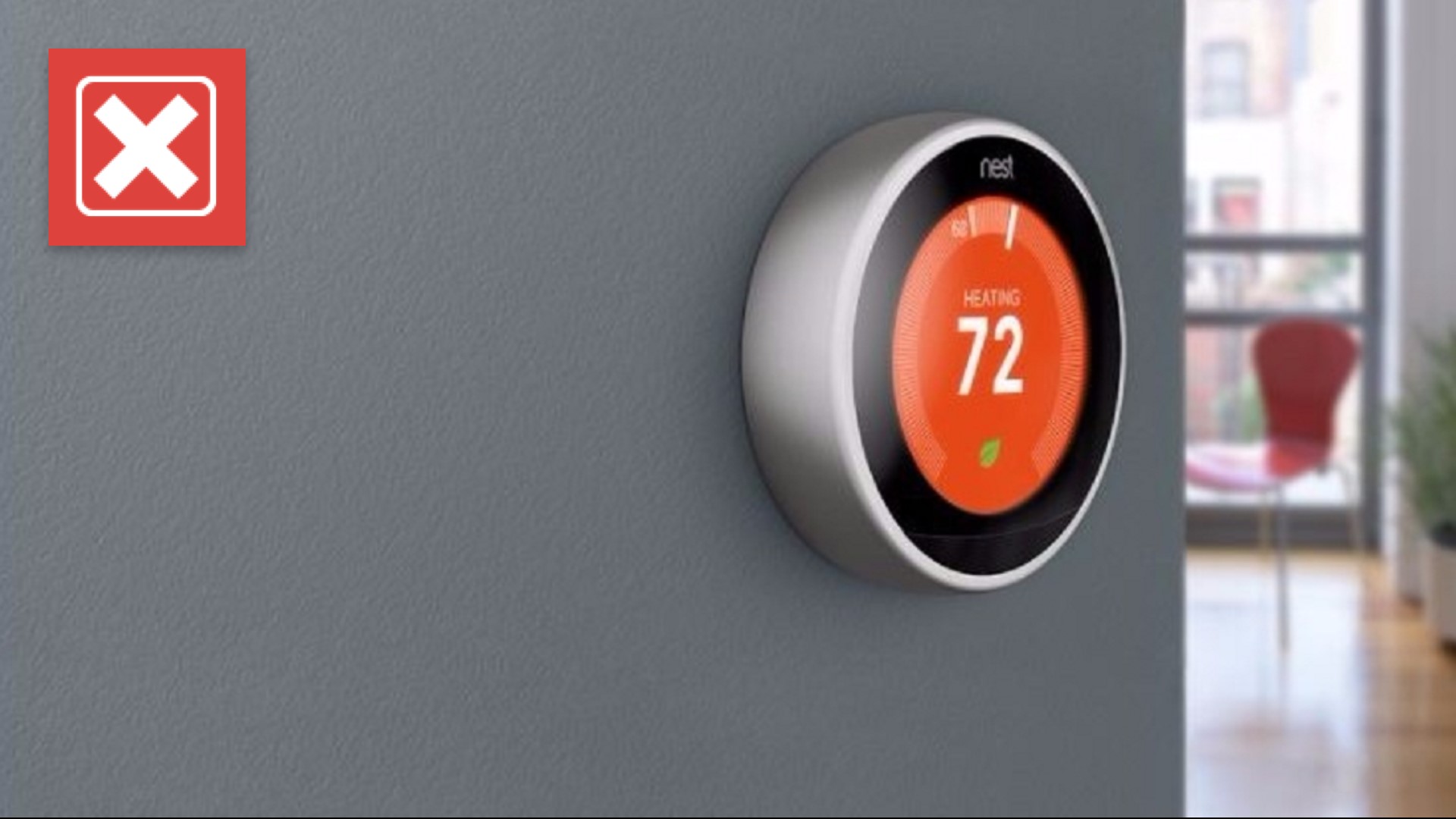GRAND RAPIDS, Mich. — Retail prices for energy are at multiyear highs in the United States, according to a new study released by the United States Energy Information Administration. The government reported that the average consumer may be facing a significant increase in their energy bills.
In the report, consumers are warned to "expect that the nearly half of U.S. households that heat primarily with natural gas will spend 30% more than they spent last winter on average—50% more if the winter is 10% colder-than-average and 22% more if the winter is 10% warmer-than-average." This includes the 5% of U.S. households that heat primarily with propane will spend 54% more—94% more in a colder winter and 29% more in a warmer winter.
13 ON YOUR SIDE viewers have been confused and concerned about how this may impact them.
THE QUESTION
Will Michigander's heating bills go up more than 50%?
THE SOURCES
- The United States Energy Information Administration
- Dan Brudzynski, DTE Gas Vice President
- Brian Long, Grand Valley State University Supply Chain Management Director and economic expert.
THE ANSWER
No, Michigan heating prices will not increase by more than 50%. That number is the national average for propane, but due to DTE Gas's contract and with Michigan's natural gas storage, the state will not see as much of an increase in heating bills as other states around the country.
WHAT WE FOUND
Due to Michigan's cold winters, the state ranks among the top 10 in both population and total energy use, according to the U.S. Energy Information Administration.
"The good news for Michigan and DTE customers is that we've already been hard at work, locking in prices well ahead of this recent run up in natural gas prices," Brudzynski said. "Prices should be pretty stable, comparable to last year for this winter."
Luckily, Brudzynski says their customers will not need to worry.
"The Michigan market really should be pretty consistent in its underground storage and getting ahead of the curve by locking in prices," he added.
Supply chain experts, like Long, say Michigan is one of the leading states in the amount of underground storage for natural gas.
"We are better off from the standpoint that we will not run out," Long added. "Unfortunately, though, that doesn't guarantee that the nationwide price for natural gas will go up."
Brudzynski says DTE Gas already contracted stable numbers for the next two winters, so their customers will not be seeing sky-rocketing prices.
"Our rate for November is going to be 29 cents per cubic foot of gas, measured per cubic key," he said. "So not only do we have protection around prices, we also have physical supply, which is equally important on those really cold winter days to make sure that we have gas available to serve customers."

